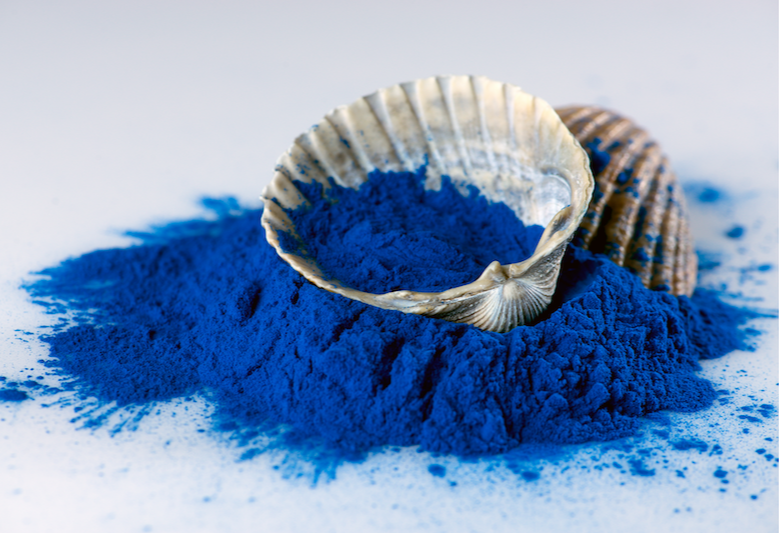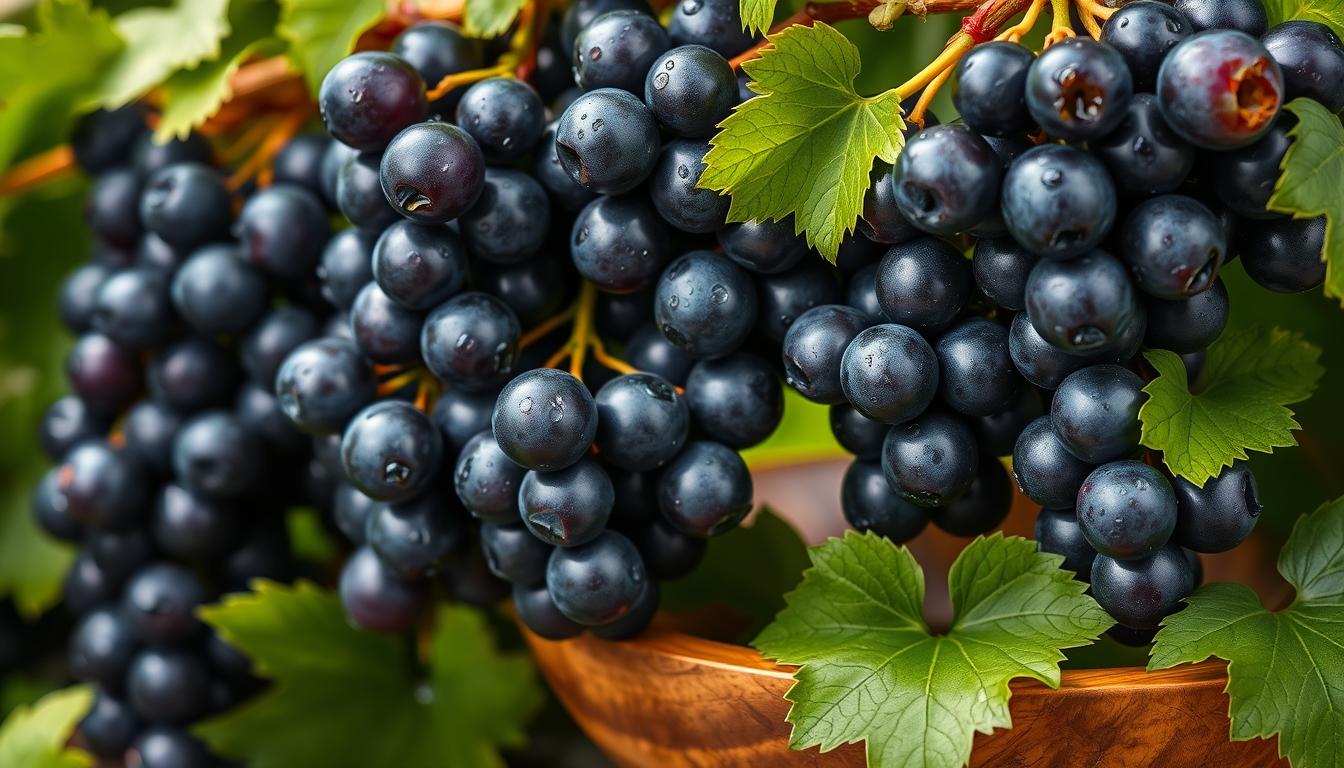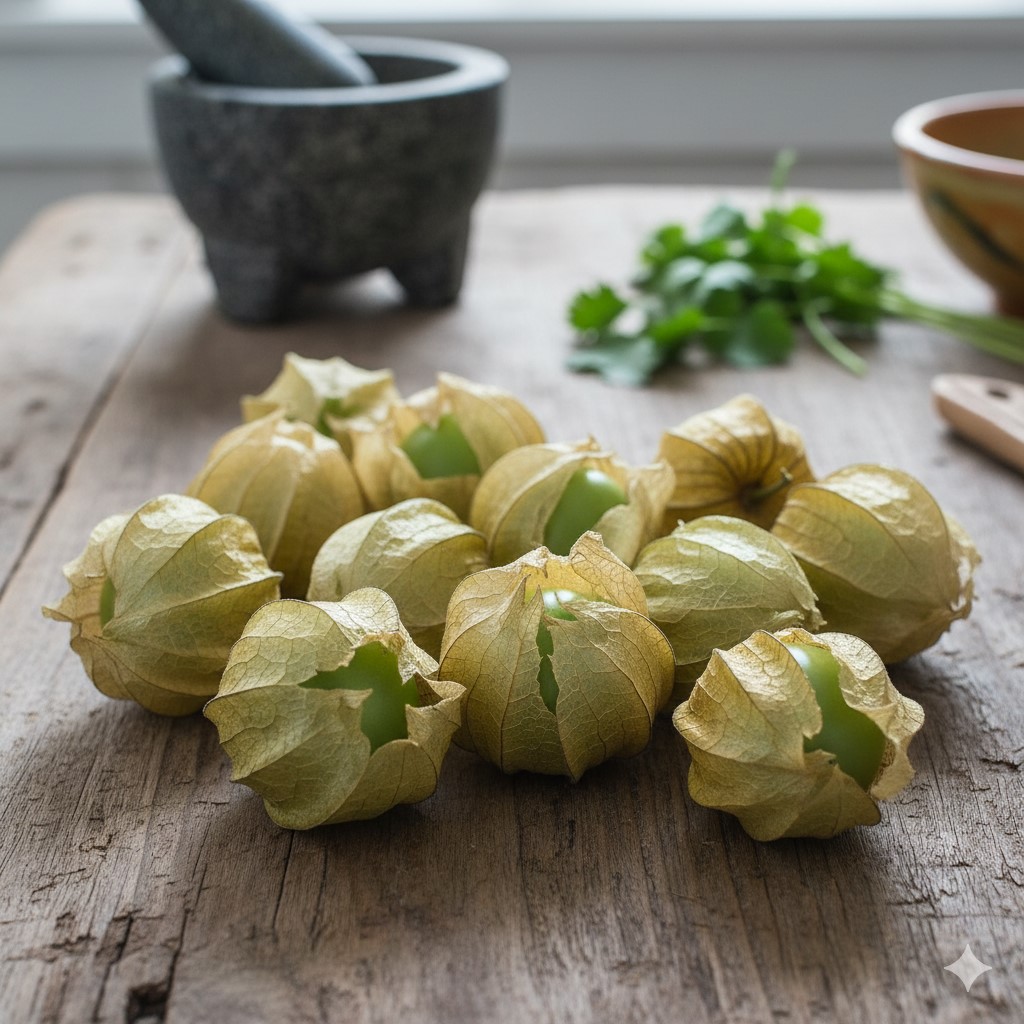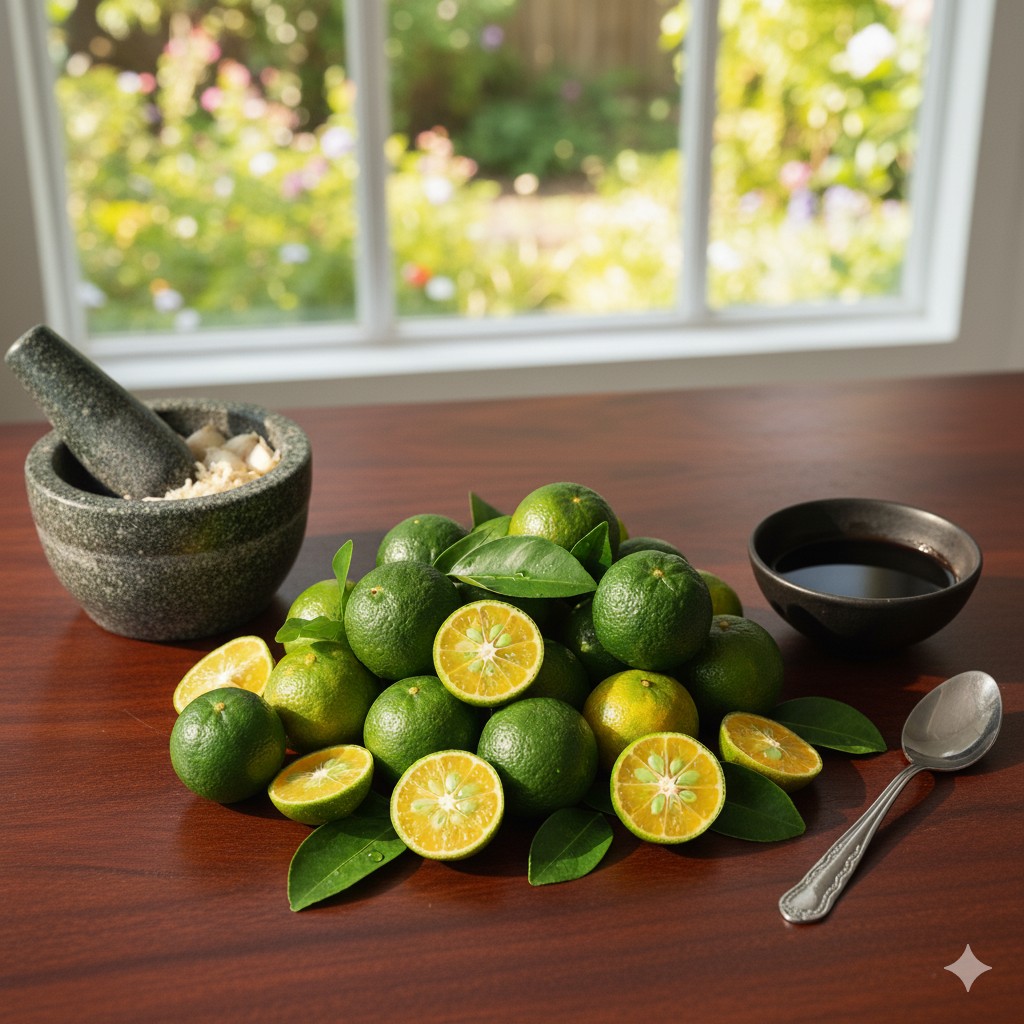If you’ve ever peeled open a mandarin orange and popped a juicy segment into your mouth, you know why they’re one of America’s favorite winter fruits. Sweet, easy to eat, and packed in convenient little packages — mandarin oranges are a go-to snack for kids, office workers, and health lovers alike.
But beyond their delicious taste and peel-and-eat convenience, are mandarin oranges good for you?
Spoiler: Yes — and here’s why.

In this complete guide, we’ll break down:
- The real nutrition facts (including calories, sugar, and vitamins)
- 7 science-backed health benefits
- How they compare to regular oranges
- Who should eat them — and who should be cautious
- And answers to your top questions (like “How many calories in a mandarin orange?”)
Let’s peel back the facts.
What Is a Mandarin Orange?
Mandarin oranges (Citrus reticulata) are a type of small citrus fruit known for their sweet flavor, loose skin, and easy-to-peel nature. They’re the ancestors of many popular citrus varieties, including:

- Clementines
- Tangerines
- Satsumas
- Honey tangerines
Mandarin orange” isn’t one fruit — it’s a whole family of citrus stars.
| TYPE | BEST KNOWN FOR |
|---|---|
| Clementine | Seedless, extra sweet, holiday favorite |
| Tangerine | Slightly tangier, deeper orange color |
| Satsuma | Very easy to peel, grown in Louisiana & California |
| Dancy | Old-school “tangerine” flavor, less common now |
” Fun Fact: Over 80% of mandarins sold in the U.S. are grown in California and Florida, with peak season from November to April.”
“While not a direct variety, calamansi — a beloved Filipino citrus hybrid — shares genetic ties with mandarins and kumquats, giving it a similar sweet-tart punch with an aromatic twist.
🍋 Discover the full story behind calamansi, including the 2024 launch of the first NSIC-registered variety “Makasim”.
Mandarin Orange Nutrition
Let’s get to the numbers. Here’s what you’re really getting in one average-sized mandarin orange (about 88g)
| NUTRIENT | AMOUNT |
|---|---|
| Calories | 47 kcal |
| Carbohydrates | 12 g |
| Sugars | 9 g |
| Fiber | 2.6 g |
| Protein | 0.8 g |
| Fat | 0.3 g |
| Vitamin C | 27 mg (30% DV) |
| Vitamin A | 16% DV |
| Folate (B9) | 8% DV |
| Potassium | 7% DV |
| Calcium | 3% DV |
Why This Matters:
- Low in calories, high in nutrients — perfect for weight management.
- Rich in vitamin C — supports immune function, especially during cold & flu season.
- Good fiber content — helps regulate blood sugar and digestion.
- No sodium or cholesterol — heart-healthy choice.
“Tip: One cup of mandarin segments (about 3 fruits) = ~140 calories and 8 grams of fiber — more than many breakfast cereals!”
7 Health Benefits of Mandarin Oranges
- Boosts Immune System
Thanks to its high vitamin C content, mandarins help your body fight off infections. Vitamin C supercharges your immune cells and combats oxidative stress by scavenging harmful free radicals throughout the body.
📚 A 2021 review in Nutrients found that adequate vitamin C intake reduces the duration and severity of respiratory infections.
- Supports Heart Health
The potassium and fiber in mandarins help regulate blood pressure and lower LDL (“bad”) cholesterol.
📚 A study in the American Journal of Clinical Nutrition linked higher citrus consumption with a 19% lower risk of stroke.
- Promotes Healthy Digestion
With 2.6 grams of fiber per fruit, mandarins keep your gut moving smoothly and feed beneficial gut bacteria.
“Great for preventing constipation — especially helpful for older adults and children.”
- May Help with Weight Management
Low-calorie, naturally sweet, and filling — mandarins are a smart snack for weight loss.
“One study found people who ate whole fruit (vs. juice) had lower BMI and less belly fat over time.”
- Good for Skin Health
Vitamin C is a key building block for collagen, the structural protein that maintains skin elasticity and slows signs of aging.
“Antioxidants in mandarins also protect against UV damage and oxidative stress.”
- Helps Control Blood Sugar (When Eaten Whole)
Despite natural sugars, mandarins have a low glycemic index (GI ~40) and won’t spike blood sugar when eaten in moderation.
“The fiber slows sugar absorption — making them a diabetes-friendly fruit (1–2 servings per day is safe for most).”
- Packed with Antioxidants
Mandarins contain flavonoids like hesperidin and nobiletin, which have anti-inflammatory and anti-cancer properties.
📚 Animal studies suggest nobiletin may help prevent fatty liver disease and obesity-related inflammation.
How Many Calories in a Mandarin Orange?
It’s a question everyone’s asking — and the answer might be simpler than you think
One medium mandarin orange has about 47 calories.
Compare that to:
- One banana: ~105 calories
- One apple: ~95 calories
- A small bag of chips: ~150+ calories
So yes — mandarins are a low-calorie, nutrient-dense snack ideal for:
- Kids’ lunchboxes
- Office desks
- On-the-go energy
- Late-night cravings (without guilt)
Bonus: They’re naturally portion-controlled — no measuring needed!
Mandarin Orange vs. Orange
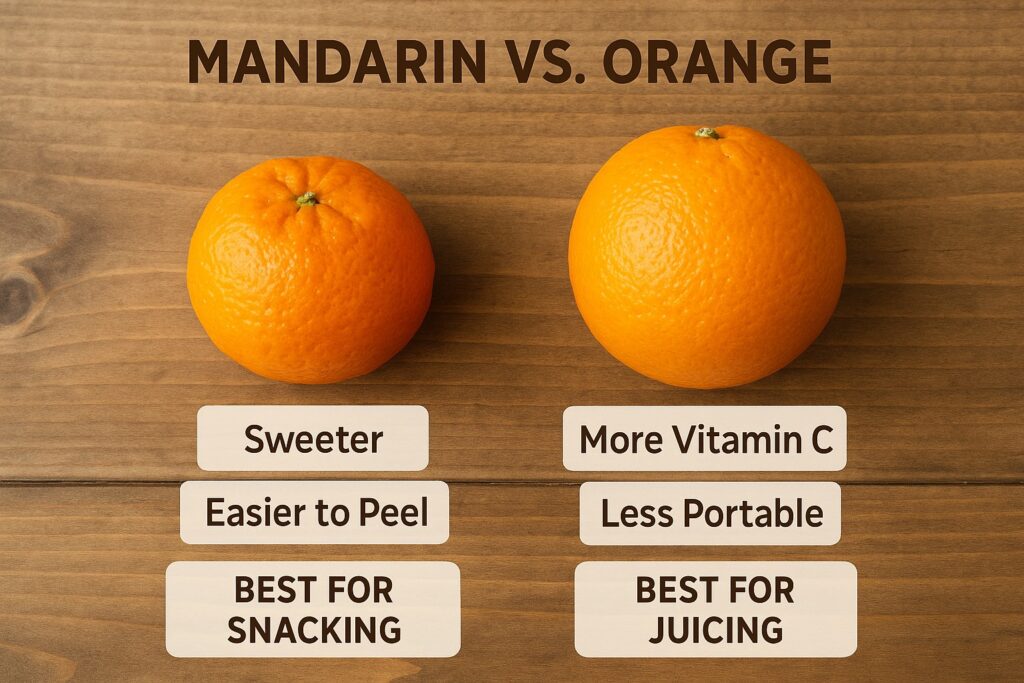
Many people wonder: Is a mandarin just a small orange?
Not quite. Here’s how they compare (per 100g):
| NUTRIENT | MANDARIN ORANGE | REGULAR ORANGE |
|---|---|---|
| Calories | 53 kcal | 47 kcal |
| Vitamin C | 38 mg | 53 mg |
| Fiber | 2.4 g | 2.4 g |
| Sugar | 10 g | 9 g |
Verdict:
- Oranges have slightly more vitamin C.
- Mandarins are easier to eat, sweeter, and more convenient.
- Both are excellent choices — but mandarins win for snacking and kid appeal.
Are There Any Downsides? Who Should Be Cautious?
Mandarin oranges are healthy for most people, but a few should be mindful:
- Acid Reflux or GERD
Citrus can trigger heartburn in sensitive individuals. If you have acid reflux, try eating mandarins in moderation or with meals. - Citrus Allergies
Rare, but possible. Some people may be sensitive or allergic to citrus proteins, leading to symptoms like lip tingling, facial swelling, or skin hives after consumption. - Too Many = Too Much Sugar
While natural, the sugar in 4–5 mandarins adds up (~45g sugar). Stick to 1–2 per day if you’re watching sugar intake. - Medication Interactions
Like grapefruit, some mandarins (especially tangelos or hybrids) may interact with certain medications (e.g., statins, blood pressure drugs).
“When in doubt, ask your doctor.”
How to Choose & Store Mandarin Oranges
At the store:
- Look for heavy, firm fruits — heavier = juicier.
- Skin should be bright orange, not green or dull.
- Skip any mandarins with mushy spots or visible mold — the stem area is a common hotspot for spoilage, so give it a close look.
At home:
- Store at room temperature for 3–5 days.
- Keep in the fridge (in a crisper drawer) for up to 2 weeks.
- Store peeled mandarin segments in a sealed container in the fridge, and they’ll stay fresh and juicy for up to 3 days.
“Want an easy way to enjoy them? Try our 3 simple methods to peel mandarins without mess.”
“Pro Tip: Freeze mandarin segments for smoothies or desserts!”
Fun Facts About Mandarin Oranges
- 🇨🇳 The name “mandarin” comes from Chinese officials (called mandarins) who wore robes the same color.
- 🎄They’re a holiday tradition in many U.S. homes — often placed in Christmas stockings.
- 🌎 China dominates global mandarin production, supplying more than 6 out of every 10 mandarins enjoyed worldwide.
- 🐱 Bonus: While dogs can eat small amounts, cats should avoid citrus — it can upset their stomach.
FAQs’
How many calories in a mandarin orange?
A medium mandarin orange (88g) has about 47 calories — making it a great low-calorie snack.
Are mandarin oranges good for weight loss?
Yes! They’re low in calories, high in fiber, and naturally sweet — helping curb sugar cravings without overeating.
Can diabetics eat mandarin oranges?
Yes, in moderation. One mandarin has a low glycemic index (~40) and about 9g of sugar. Stick to 1–2 per day and pair with protein (like nuts) to stabilize blood sugar.
Are mandarins and clementines the same?
No — clementines are a specific variety within the mandarin family, prized for their seedless flesh, honey-like sweetness, and peel-without-a-struggle convenience. So while all clementines are mandarins, not every mandarin is a clementine.
Do mandarin oranges have more sugar than apples?
A medium mandarin has ~9g of sugar; a medium apple has ~19g. So no — mandarins have less sugar than most apples.
Can you eat the peel of a mandarin?
Technically yes, but it’s bitter. Some people zest it for cooking or make candied peel. Organic is best if consuming the peel.
Why are mandarin oranges so popular in the U.S.?
They’re easy to eat, kid-friendly, portable, and in season during winter holidays — making them a staple in lunchboxes, care packages, and seasonal gift baskets.
Final Verdict: Are Mandarin Oranges Good for You?
Absolutely — and here’s why you should add them to your cart:
- Low calorie
- High in vitamin C and fiber
- Supports immunity, heart, and gut health
- Naturally portion-controlled
- Kid-approved and office-safe
Whether you’re snacking, adding them to salads, or packing them for school, mandarin oranges are a delicious and nutritious choice for nearly everyone.
Want the full breakdown? Check out our Mandarin Orange Nutrition: The Ultimate Guide to Calories
Reference:
